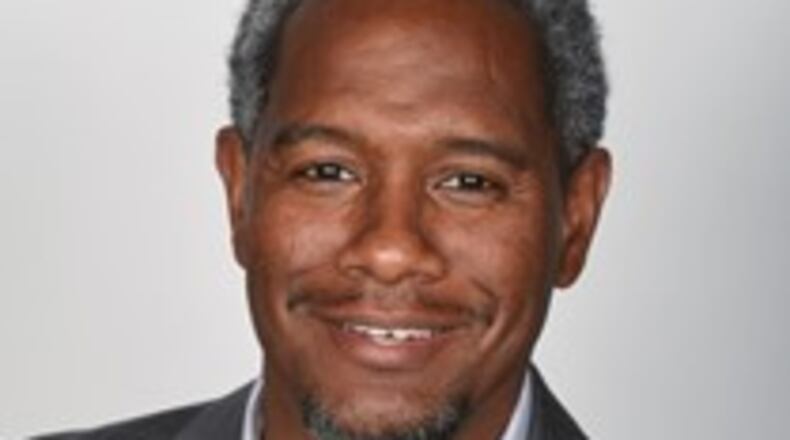At MVRPC, Eley is the agency’s first regional equity manager. He also oversees the Institute for Livable and Equitable Communities, a partnership involving MVRPC, the Dayton Foundation and other area groups.
“You have to understand that within the Miami Valley, the current landscape in terms of wealth and success is uneven, and it is uneven because there have been public policy decisions, as well as planning decisions, that have occurred over the past 80 to 90 years that have often resulted in a disparate impact on minority or low income communities,” he said in an interview with the Dayton Daily News.
“If institutions can create a landscape of inequity, institutions will also have to work in order to create a landscape of fairness. The problem wasn’t created overnight, and it’s not going to be fixed overnight,” he said. “But we have to start somewhere.”
The regional equity initiative Eley oversees has been taking form since 2016, but it is coming together at a time when the deaths of Black residents at the hands of police have forced a reckoning over racial inequality nationwide.
“National events help to encourage greater sensitivity to local issues that may have been less visible,” said Eley. “Also, they help to motivate varying interests to be proactive, rather than wait for a local crisis to act.”
Eley said other regions have proven that equity planning can make an impact. The ReGenesis Project in Spartanburg, South Carolina, turned a $20,000 Environmental Protection Agency grant into a community-driven revitalization of long-neglected neighborhoods that eventually yielded $300 million in investment.
“Carlton’s role is critical to our agency and to our region,” MVRPC Executive Director Brian Martin said.
“The current national dialogue is confirmation that the Miami Valley is not unique in terms of racism and inequity,” Martin said. “What does make us unique is that our region has researched this issue since 2016 and we are making investments to address past racism and inequities.”
About the Author

